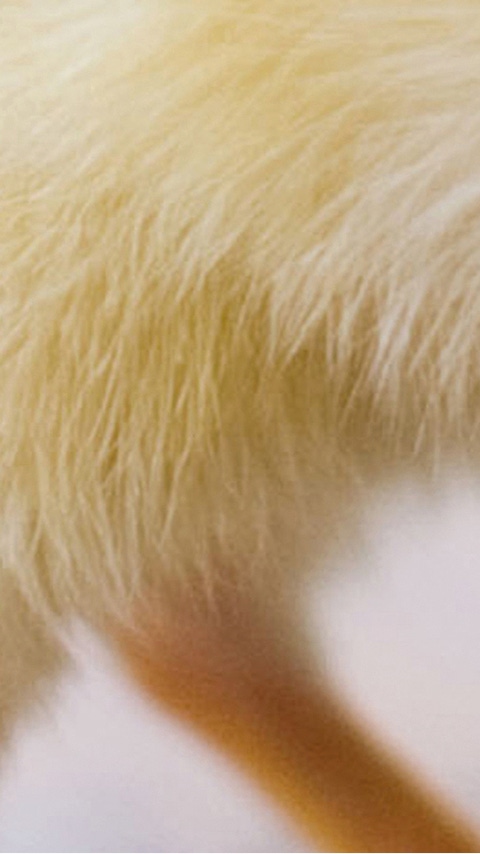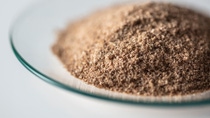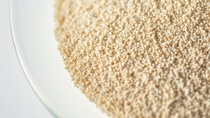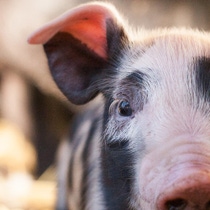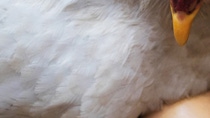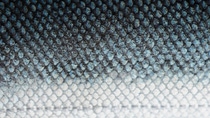In challenging times for the animal feed industry, we want to help you and your customers improve nutrition and reduce waste with our feed enzymes.
We know that up to 70% of the cost of animal production is in feed, yet around 30% of nutrients go undigested. Our enzymes are a proven solution that helps make more from less. We introduced them into animal feed for the first time ever over 30 years ago and we’ve been innovating and refining them ever since.
With our enzymes, you can produce feed that animals can digest far more easily, releasing and utilizing nutrients more efficiently, and mitigating naturally occurring antinutritional factors. They provide animals sustainably with more energy, amino acids, minerals, and trace elements. Not only by enhancing nutrient digestion and reducing the quantities of raw materials required, but also by promoting animal vitality by helping balance intestinal microbial populations for a pre-biotic effect.
Enzymes from BASF help animals make the most of feed, and help both you and your customers make more from less: The science of sustainable feed that succeeds.
